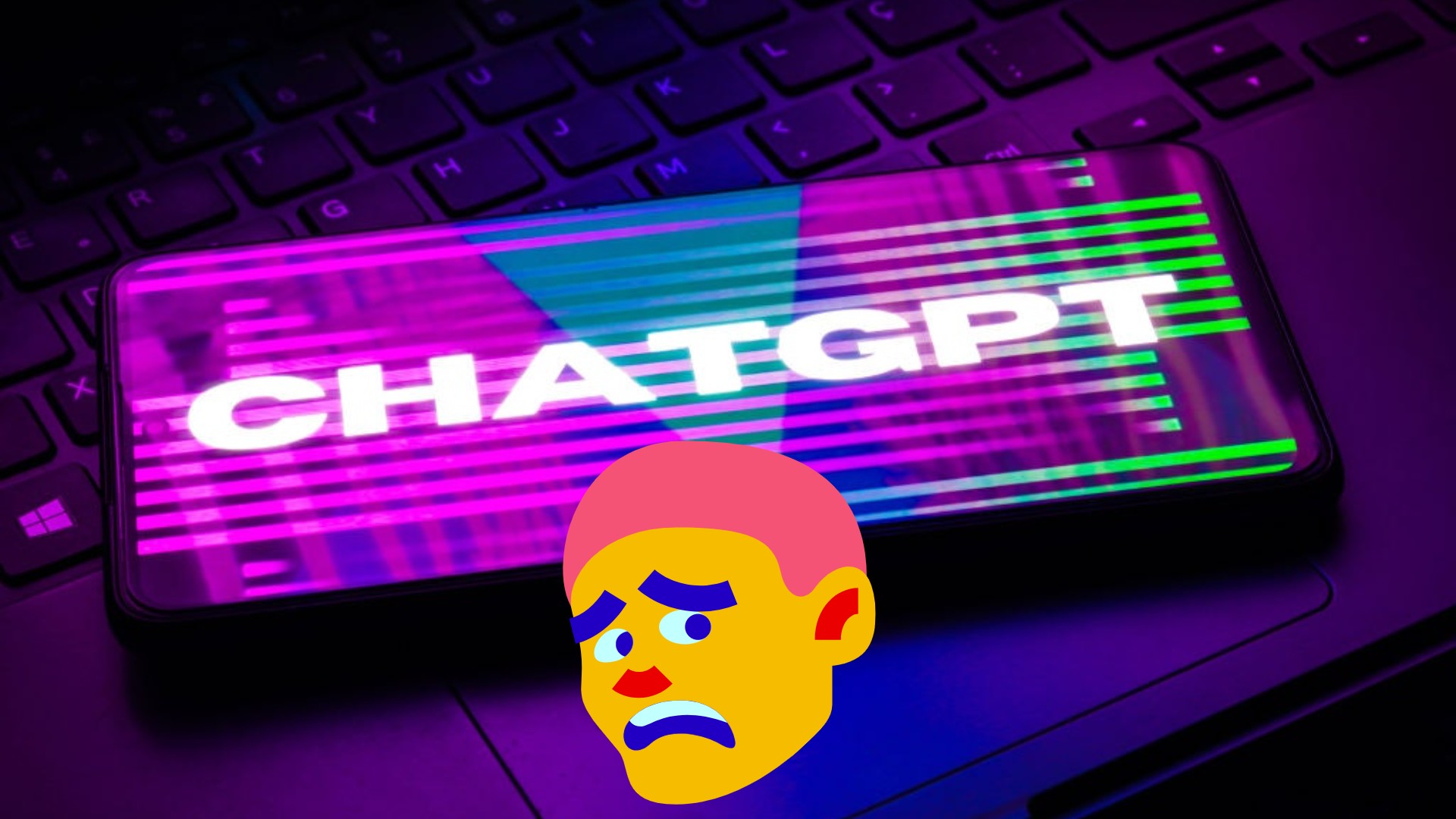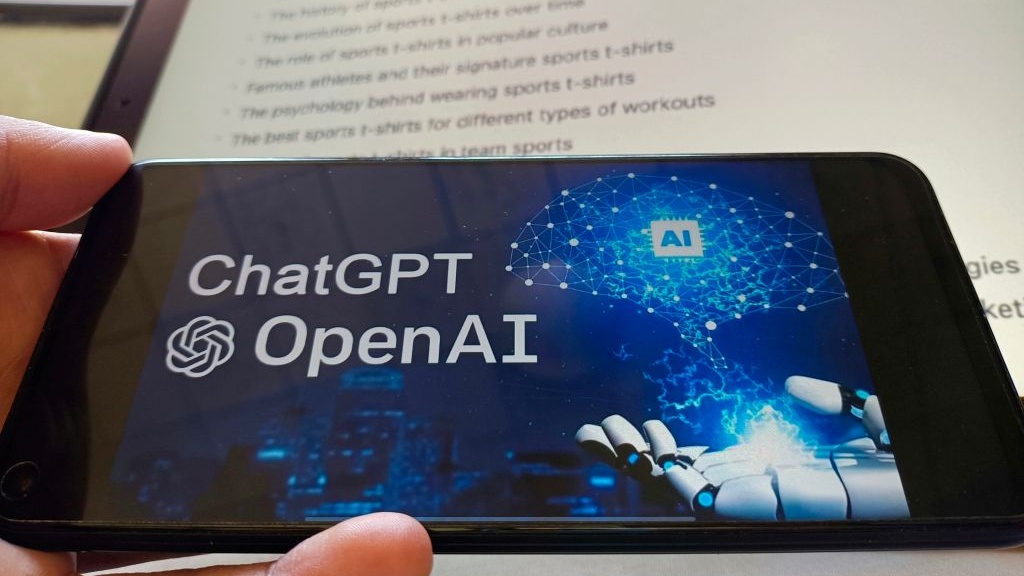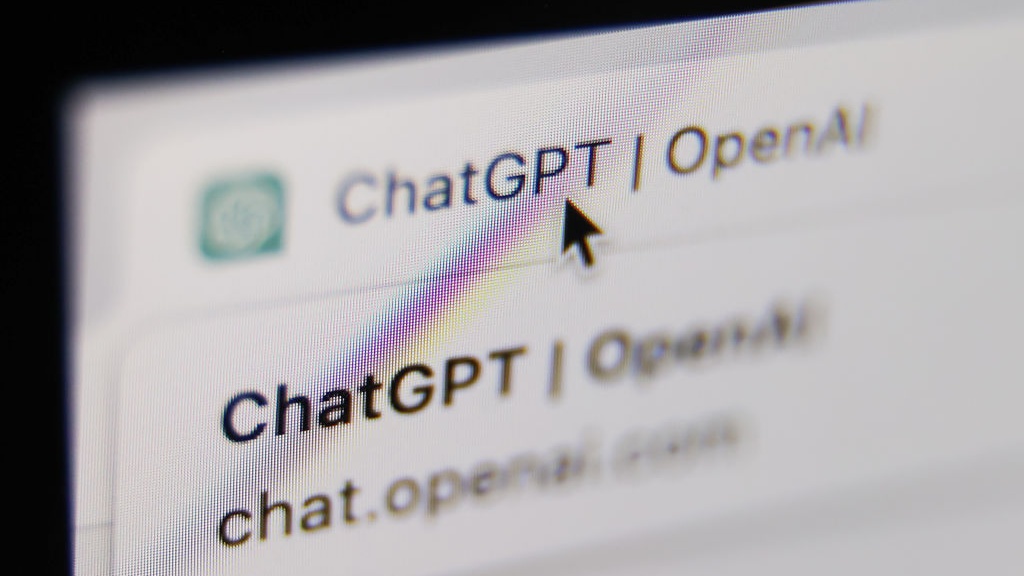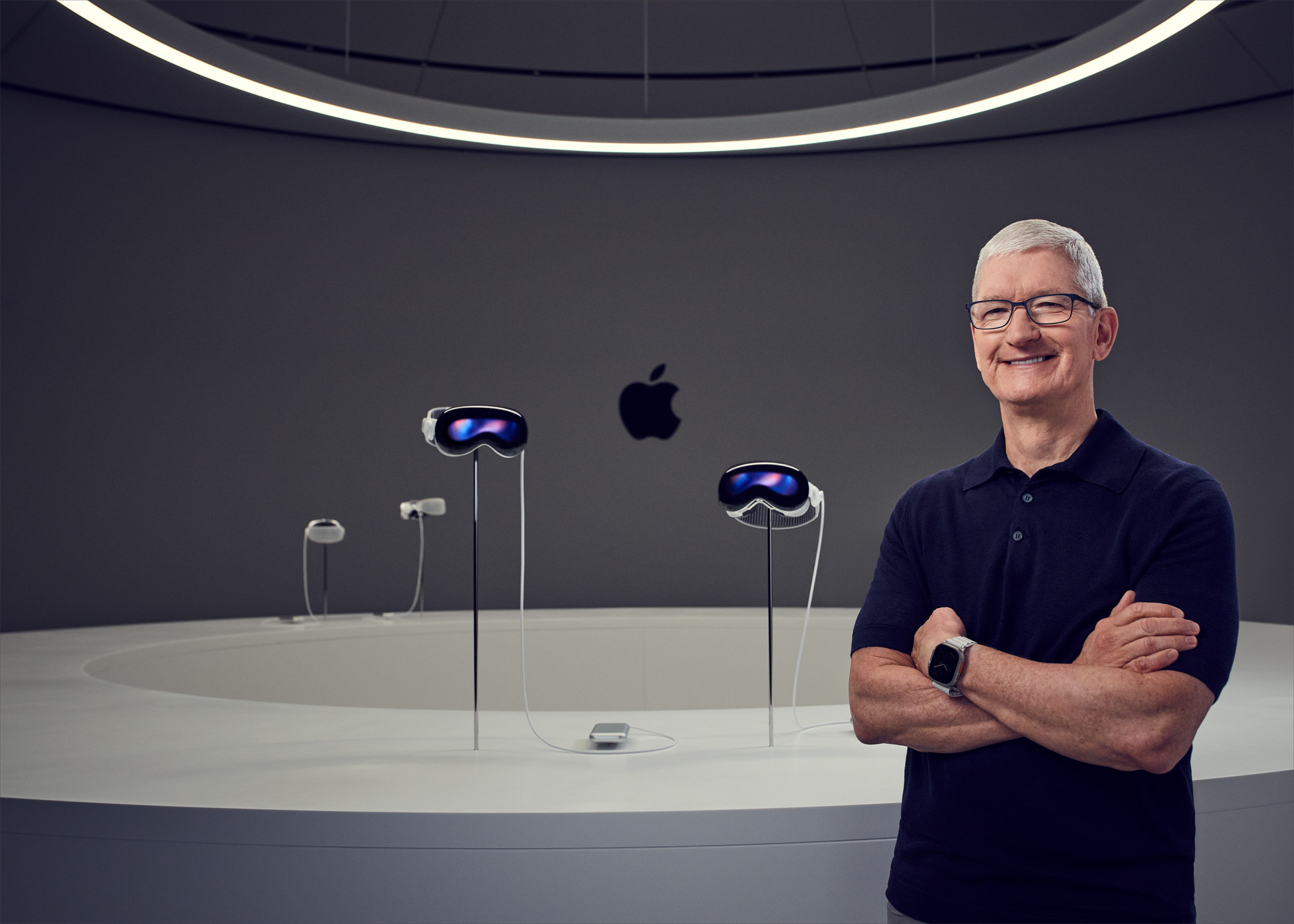What is ChatGPT — and why it's making people freak out
ChatGPT is the new annoying buzzword we have to deal with this year

What is ChatGPT? Last year, we couldn't stop hearing about "the metaverse," and now, the media can't seem to stop yapping about ChatGPT. At its core, this is an artificial intelligence (AI) tool that delivers responses to prompts in a humanlike manner.
Open AI is the mastermind behind ChatGPT, which is also responsible for other highly praised AI feats, like DALL-E-2, which can spit out a number of cool images based on users' descriptions. For example, the image below was produced by DALL-E 2, an AI, based on someone prompting it to deliver a photorealistic picture of an astronaut riding a horse. One small hoof for horsekind, I guess?

Open AI applied its AI smarts to ChatGPT, too, which is built atop an avante-garde language processing AI model called GPT-3, which, according to Open AI, "can understand and generate natural language." This phrase, however, is a bit of an understatement of how — erm — sentient ChatGPT appears to be at times.
If you were to use ChatGPT, its high-level capabilities may surprise you. It can write college essays, spit out poems about Bitcoin, offer advice on how you can achieve financial independence, and even write code. Whatever you prompt it to do, it can make it happen. It's like an AI genie in a bottle!
However, while there are many people who are excited about how ChatGPT can benefit society, others are concerned about its potential consequences. Let's dive into both school of thoughts.
Why do people love ChatGPT?
As mentioned, ChatGPT is an AI tool that can deliver responses in a natural, humanlike manner, and its well thought out, detailed answers have blown people away.
For example, one person asked ChatGPT to describe London's history in the style of Dr. Seuss, and the AI chatbot managed to execute its response beautifully.
Stay in the know with Laptop Mag
Get our in-depth reviews, helpful tips, great deals, and the biggest news stories delivered to your inbox.
1/ Just fell into the ChatGPT rabbit hole. Sorry, can't help myself.London History, in the style of Dr Seuss pic.twitter.com/R92clq2vdXDecember 1, 2022
Can your search engine do that? I didn't think so! (It's worth noting, though, that Microsoft is in the process of rolling out a ChatGPT-powered version of Bing and Google is working on its own AI solution). As such, you can imagine why ChatGPT is so revolutionary. Not only is it entertaining, but it's also unsettlingly talented.
As Forbes pointed out, ChatGPT is already threatening Google's throne, even though it was only released in November 2022. More people are gravitating toward ChatGPT, a large language model (LLM), over the most-used search engine. The former offers more of a human connection to its responses; the latter is colder, less humanlike.

To give you some perspective on what I mean, consider Forbes writer Glenn Gow's fascinating experience with ChatGPT:
"I was thinking about [traveling to] Europe, so I asked ChatGPT what places I should consider visiting. It not only offered me eight different cities to consider, it also explained the pros and cons of each one of them. I noticed that Innsbruck was one of the cities it recommended, so I asked ChatGPT to tell me more about Innsbruck. It told me that Innsbruck has excellent skiing, Christmas markets, and coffee houses, and is easy to get to. It also warned me that some tourists prefer a more remote, 'alpine village' over Innsbruck, and that it is very expensive."
ChatGPT's versatility is mindblowing. It can be your travel guide in one moment, giving you a concise, useful answer on how to create your European itinerary, and in another, it can help you build a website or an app. And no, I'm not joking about that last bit. Open AI has been shaping powerful engines like Codex, so it's not suprising that ChatGPT has a bit of coding consultancy in its DNA.
Developers don't recommend using ChatGPT to learn programming languages nor generating codebases that require a lot of context, but you can use it to help find mistakes in your code. "If you have a segment of code that you're having trouble debugging, you can put that into ChatGPT with information about what you're expecting versus what's actually happening," Level Up Coding said.
You may be thinking, "Geez, ChatGPT is one hell of a digital helper! Google must be shaking in its boots right now!" Given the search-engine giant recently announced that it is working on a ChatGPT-rival called Bard, an "experimental conversational AI service," that's a fair assumption to make.
However, Google isn't the only entity that feels threatened by ChatGPT. For a long time, AI detractors have voiced their grievances about how artificial intelligence threatens jobs, the education sector, human advancement, and so forth, and ChatGPT has been ramping up these concerns lately. Let's address them.
Why do people hate ChatGPT?
As mentioned, ChatGPT can help users address coding queries, and in response to this, Stack Overflow, a coding Q&A platform, banned ChatGPT-generated answers because it is "substnatially harmful to the site and to users who are asking and looking for correct answers."
Many appreciated Stack Overflow's response to ChatGPT. Yes, ChatGPT is useful in certain circumstances, but in other situations, a brainless chatbot sans humor, relatability, empathy, no matter how well trained it is, won't cut it.
In the same way, others perceive ChatGPT as a threat to academic integrity. Check out this impressive essay ChatGPT spat out regarding the Mary's room philosophical thought experiment.
But, uh, yeah, the take-home 1000 word undergraduate essay is definitely dead. #ChatGPT pic.twitter.com/8CdsnxKp8CDecember 1, 2022
In response to ChatGPT's essay-writing skills, one Twitter user said, "Wow. People weren't kidding. ChatGPT is very good. It could pass my class."
Although good students would use ChatGPT as nothing more than a blueprint, or perhaps a launching pad, on how to kick off a dissertation, others may take advantage of the AI tool to plagiarize. For example, in early January, Insider ran a story about professors who caught students turning in AI-generated essays. How did it set off alarm bells? Funnily enough, ChatGPT just writes too perfectly. "I think the chat writes better than 95% of my students could ever," joked Atony Aumann, a religious studies and philosophy professor from Northern Michigan University.
In other words, ChatGPT is too formal and stiff, lacking that warm human touch we all love to connect with.
Although ChatGPT has its "wow" moments, it slips up often, too. Hell, even the developers behind ChatGPT said that it's far from perfect, admitting that "the model is often excessively verbose" and "sometimes writes plausible-sounding, but incorrect or nonsensical answers."

CNET, for example, found out about the AI's limitations the hard way when it was forced to make multiple corrections on AI-written articles filled with inaccuracies. In another example, this Insider writer attempted to use ChatGPT to write an article, but again, it was a falsehood nightmare.
Naturally, this brings up two major concerns: ChatGPT replacing talented, human workers and potentially being the go-to tool for news platforms despite not being foolproof.
CNET admitted to using AI for 75 articles, but even after being dragged through the mud for its AI usage, the tech platform isn't planning on ditching it. Instead, it is "actively reviewing all AI-assisted pieces to make sure no further inaccuracies made it through the editing process," according to a statement CNET made to Insider.
Outlook
Unfortunately for AI detractors, artificial intelligence tools aren't going anywhere. Instead of doing away with them, the powers that be will simply create tools that deter users from using them maliciously.
For example, Open AI developed a ChatGPT detector, which lets professors run suspicious essays through it to help them determine whether it's AI-generated or not. And in CNET's case, no, it's not going to stop using AI to generate articles, but it is going to get better at fine-tuning its editing process, ensuring that articles that hit its site are not fraught with errors.
With any game-changing technology that has the potential to disrupt several industries, there will always be pros and cons. The question is, what steps will we take to mitigate those cons so that I, Robot — or any other "Ahh! Robots are taking over the world" film you can think of — doesn't become a reality?
Kimberly Gedeon, holding a Master's degree in International Journalism, launched her career as a journalist for MadameNoire's business beat in 2013. She loved translating stuffy stories about the economy, personal finance and investing into digestible, easy-to-understand, entertaining stories for young women of color. During her time on the business beat, she discovered her passion for tech as she dove into articles about tech entrepreneurship, the Consumer Electronics Show (CES) and the latest tablets. After eight years of freelancing, dabbling in a myriad of beats, she's finally found a home at Laptop Mag that accepts her as the crypto-addicted, virtual reality-loving, investing-focused, tech-fascinated nerd she is. Woot!











